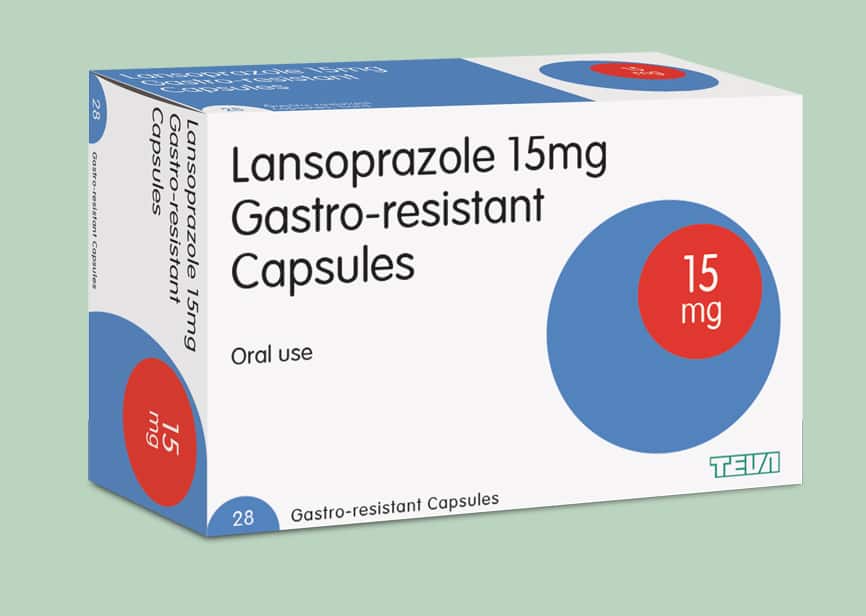Lansoprazole is a proton pump inhibitor. It reduces the amount of acid secretion in the stomach.
- It is commonly used for
- Stomach ulcers
- Gastritis
- Indigestion
- Heartburn and acid reflux in gastro-oesophageal reflux disease (GORD)
- rarely used in
- Gastrinoma: Gastric acid secretory tumour in the stomach
- Zollinger Ellison syndrome: which is a tumour occurred in the gut, pancreas.
Available forms of Lansoprazole
- Oral tablets
- Oral capsule
- Oral powder for suspension
The usual dosage for an adult
| Stomach ulcers | 15mg to 30 mg per day |
| In digestion | 15mg to 30mg per day |
| Acid reflux | 15mg to 30mg per day |
| Zollinger ellison syndrome | 60mg per day can increased up to 120mg per day |
Dose reduction is needed in renal problems, liver problems, elderly patients and children
When to take
Lansoprazole is usually prescribed once a day. It works best If you take it 30 minutes before a meal.
It can take with painkillers eg: Paracetamol, Ibuprofen
Side effects of Lansoprazole
Most patients who take lansoprazole do not have any side effects. Usually it is given rise to mild side effects and will go away when you stop taking the drug.
- Common Side effects are
- Gastrointestinal disturbances such as Diarrhoea, constipation, vomiting, dry mouth
- Headache
- Skin rash
However Serious side effects are very rare. But serious allergic reactions (anaphylaxis) may occur.
If you get an itchy skin rash, swelling of lips, severe stomach-ache, consult your doctor as soon as possible.
- Lansoprazole should use with caution if you
- have a past history of Allergic reactions for any drug.
- have liver or renal disease.
- are due to have an endoscopy (Lansoprazole usually stops 2 weeks before an endoscopy).
Pregnancy and breastfeeding
Lansoprazole usually stops during pregnancy and breastfeeding. The effects on breastfeeding and pregnancy are not still established. However, Omeprazole which is a drug similar to Lansoprazole can be used in breastfeeding. But it should not use during pregnancy.
